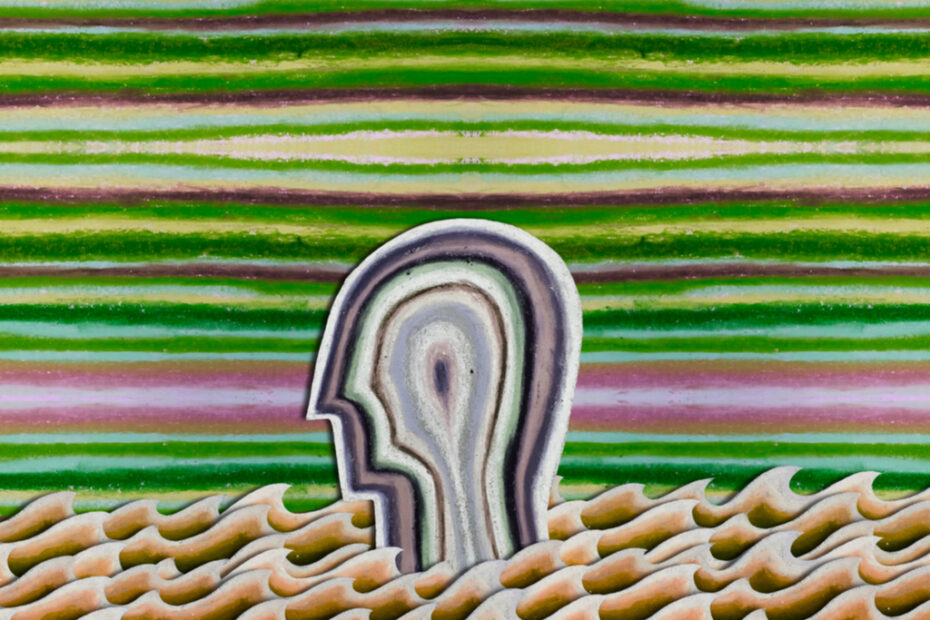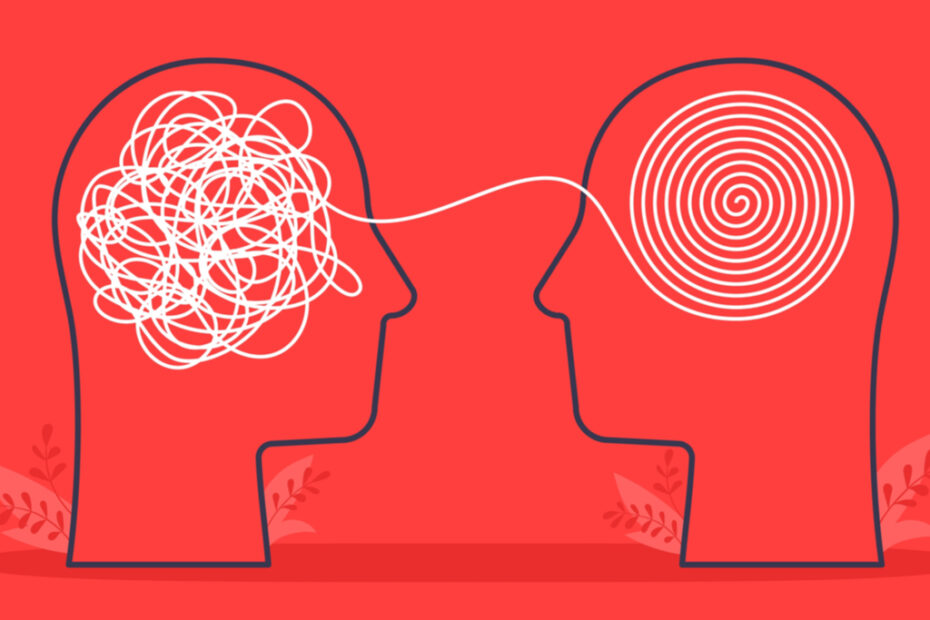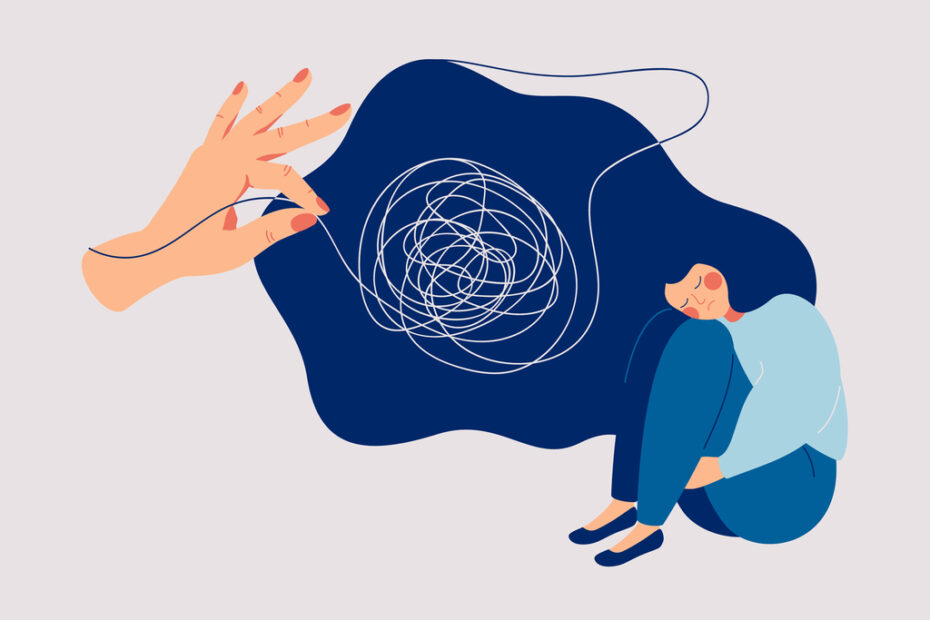Hopelessness is a noun which is defined as the state of being without hope or a feeling of despair. The adjective equivalent is hopeless, typically used to describe a situation, person, or place. Similar words that also mean hopelessness include despondency, anguish, and discouragement.
Meaning & Understanding
Most people will experience hopelessness at some stage of their life. It can often be just a brief passing moment. Sometimes if the situation or event improves then the feelings of depression can leave. With diagnosed depression however it often lasts for a more extended period and does not necessarily dissipate even if events or the situation improves.
Is Hopelessness a Part of Depression?
The test is considered to be reliable when it comes to evaluating an individual’s feelings of hopelessness and their likelihood of suicidal behavior. It is used in dozens of countries around the world and has been translated into multiple languages.
Learn More About the Beck Hopelessness Test
Hopelessness is a potent emotion that contributes to a low mood and can affect how a person perceives themselves. It is characterized by a lack of optimism, hope, and positivity. Often, when a person experiences hopelessness, they lack aspirations or ambition for the future and feel that their circumstances are unlikely to improve
Definition of Hopelessness
According to Abramson’s theory, whether someone forms negative or positive thought patterns about negative life events and environmental stimulation can predict depression. Below is a detailed explanation of the theory and how it works.
Hopelessness Theory of Depression Abramson
Have you encountered the word “hopelessness” before, but weren’t exactly sure what it meant or how you might use it in a sentence? Don’t fear, for we have all of that information right here.
How is Hopelessness Used in a Sentence?
While closely related, hope is best defined as a belief directed at the future while faith is a belief situated in the present.
Hope vs. Faith
The Equal Justice Initiative works with African-American men who are on death row or serving long jail sentences. Stevenson is also an African-American human rights attorney and believes hopelessness drives injustice and inequality via anger and fear.
Who Said Hopelessness is the Enemy of Justice?
It has been theorized that individuals who have a tendency to attribute the causes and outcomes of events to be internal (related to oneself), stable (not likely to change over time), and global (occurs in all cases and is not limited to a particular instance) are more likely to experience hopelessness.
Hopelessness in Psychology
In this article, we’ll provide you with the definition of hopeless and when to use the adjective versus the noun version of the word appropriately.









